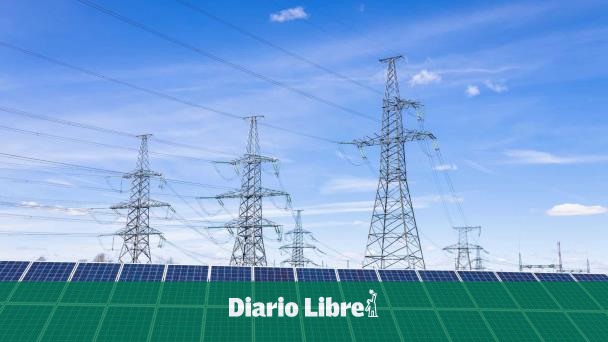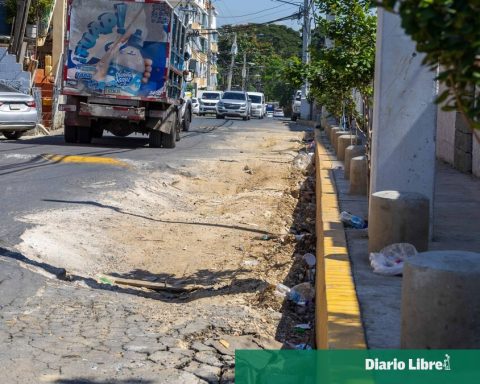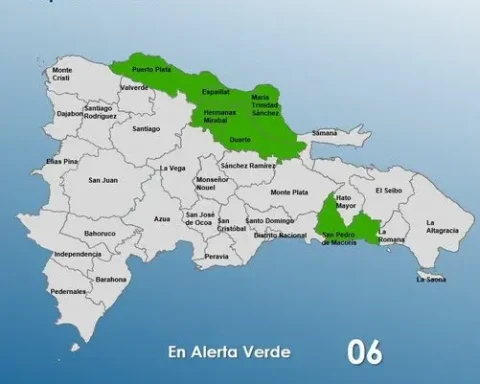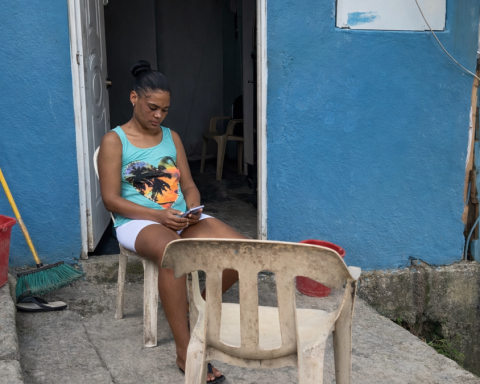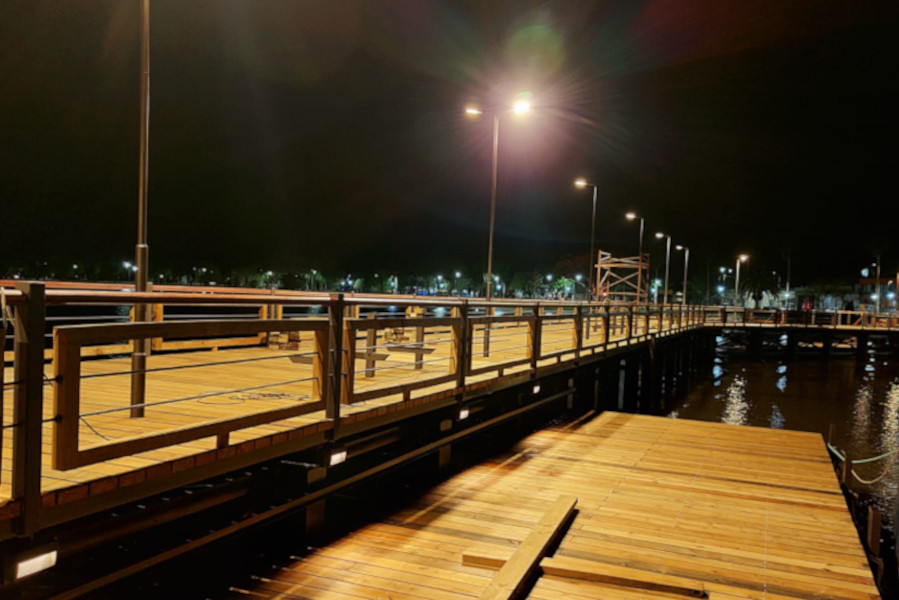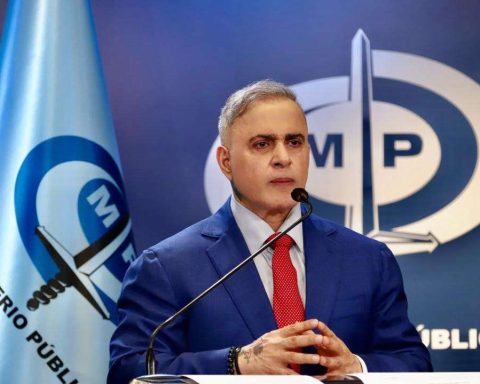The Association Dominican of Isolated Electrical Systems (Adosea) demanded that the Distributed Generation Regulation, in the knowledge of the Superintendence of Electricity (SIE), be a regulations balanced that contributes to development sustainable electrical marketwithout privileging business segments to the detriment of others. He also warned about the need to avoid generating instability in the networks of distribution and put at risk the reliability of the electrical service, which would affect millions of Dominicans.
The entity, whose membership covers 80% of the national hotel supply, asked the SIE that the terms of the draft regulation be aligned with the provisions of Law 57-07, on Energy Incentives. Renewable.
ADOSEA drew attention to the fact that the draft regulation is based on net metering energy), which contravenes article 20 of Law 57-07 and article 56 of its regulations. These documents establish that the purchase of energy must be done under the mechanism of billing net, to prices established by the Superintendency of Electricity, prior recommendation of the National Commission of Energyand the small-scale sale should be made at the same rates as to all users, rather than an exchange of energy.
The entity also asked to prevent the regulations encourage a competence unfair, making the purchase of energy to producers small-scale renewable energy is carried out at more than double the price established for producers large-scale renewables that use the same technology.
He expressed that the situation of disloyalty would be even greater if it is considered that the producers on a large scale are obliged to obtain concessionscarry out studies, process permits and sell your energy through bidding processes, requirements that do not have to be assumed by producers on a small scale.
“For example, a distributor how EDENORTE buys energy to a small-scale producer in net metering at RD$14.04 per kWh, but when it acquires energy of a large-scale renewable producer, the price paid is RD$5.07 per kWh, despite the fact that in both cases the energy comes from a system photovoltaic in the Cibao area, according to the latest reference price published by the CNE through resolution CNE-AD-0036-2022,” he noted. ADOSEA.
He insisted that any model to continue supporting distributed generation must be fair to all actors and promote the purchase of energy renewable to them pricesin addition to being well planned. Distributed generation has seen impressive growth since the program began about 10 years ago.
In a press release, the institution indicated that today, there are almost 18,000 clients totaling more than 427 MW, which represents almost 10% of the installed capacity of the Republic. Dominicanexplained the union of isolated electrical systems.
“Although the adoption of energies renewables is crucial for the country’s energy future, it cannot be done by creating distortions in the purchase of energy that result in more than double the price being paid to producers on a small scale in net metering, which would compromise the stability of the system electricity and the quality and reliability of the service,” he said.
In this sense, he maintained that the regulation proposal managed by the SIE could generate instability in the networks of distribution and put the reliability of the electrical service at risk, affecting millions of Dominicans. He argued that the massive incorporation of panels Solar energy through distributed generation, without adequate controls and mechanisms, could overload existing infrastructure, causing interruptions in service and decreasing the quality of electricity. energy supplied, as has happened in some developed countries.
Another worrying aspect is the financial impact that this regulation could have on the companies of distribution electricity, by allowing those who installed panels individual solar panels do not compensate the utility companies. distribution fairly for the costs associated with the facilityoperation, maintenance and modernization of the electrical network. Therefore, the proposed regulation compromises the necessary investments by the distribution to guarantee an efficient and reliable service, affecting users who do not have panels installed.
“A system electric balanced is key to the well-being of all Dominicans,” Cabral stated. “The current version of the regulation, by not distributing costs fairly, creates a situation in which the distributors, who are responsible for maintaining the infrastructure, are weakened. financially, affecting their ability to invest in the network and also harming homes and businesses that depend on quality service.
